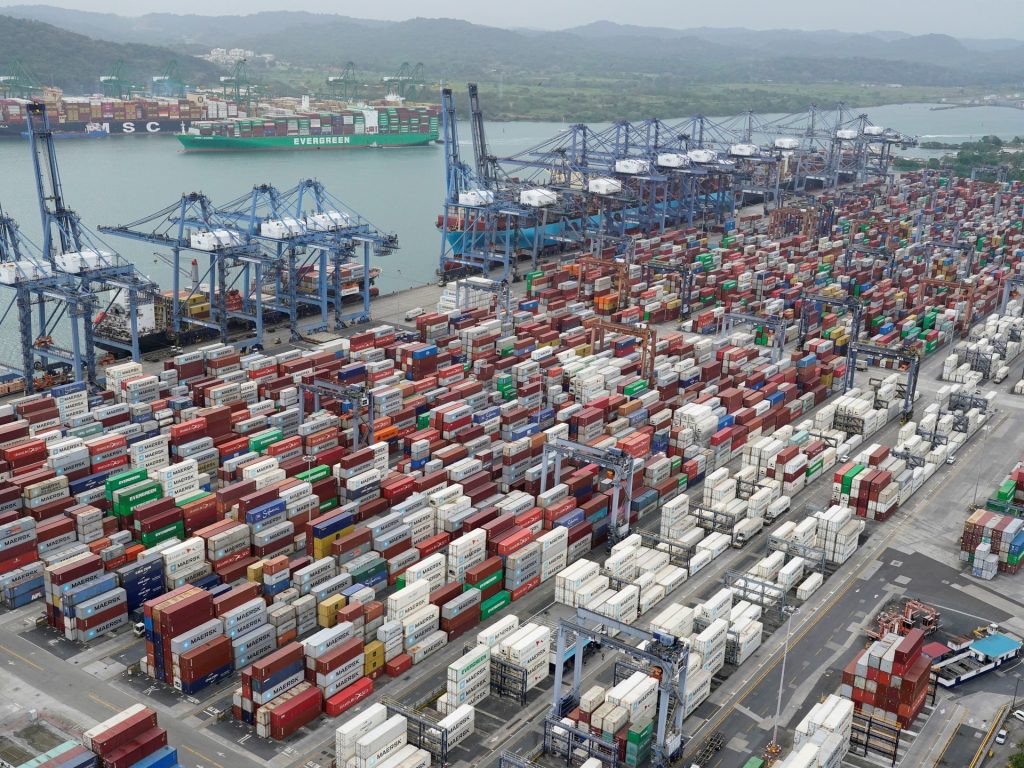Panama Canal Authority says it is ready to hold a dialogue with Washington, DC, regarding transit of American wartime vessels.
The Panama Canal Authority has denied the US State Department’s claim that a deal has been reached allowing United States government vessels to cross the canal without paying fees, likely ratcheting up tensions after President Donald Trump threatened to take back control of the water channel that connects the Pacific and Atlantic oceans.
In a statement on Wednesday, the canal authority, an autonomous agency overseen by the Panamanian government, said that it had not made any changes to passage fees or rights to cross the canal, adding its statement was directly in response to the US’s claims.
“The Panama Canal Authority, which is empowered to set tolls and other fees for transiting the canal, reports that it has not made any adjustments to them,” it said.
But it stated that it was still ready to hold a dialogue with US authorities “regarding the transit of wartime vessels from said country”.
Panama has become a focal point of the Trump administration as the president has accused the Central American country of charging excessive rates to use its trade passage, which is one of the world’s busiest.
Earlier on Wednesday, the US State Department said Panama’s government had agreed to no longer charge crossing fees for US government vessels, a move that would save the US millions.
“US government vessels can now transit the Panama Canal without charge fees, saving the US government millions of dollars a year,” the State Department said in a post on social media platform X.
It was the first public announcement of promises hinted at by US Secretary of State Marco Rubio, who said that concessions were offered during his visit to Panama on Sunday.

Since winning the US election in November, Trump has refused to rule out the use of force to seize the canal, through which 40 percent of US container traffic passes.
In his inaugural speech in January, Trump said the US would be “taking back” the canal – the construction of which was started by France in 1881 but completed in 1914 by the United States. Washington handed the canal’s control back to Panama in 1999 under treaties it signed in 1977.
Trump has also repeatedly said that the canal will be returned to the US “in full, and without question” if a deal is not reached.
At the same time, he also accused Panama of ceding control of the canal to China, which Panama and China deny.
During his Panama trip, Rubio held talks with Panamanian President Jose Raul Mulino, who later promised to pull out of China’s Belt and Road Initiative.
Mulino has also ordered an audit of Panama Ports Company, a subsidiary of Hong Kong-based conglomerate CK Hutchison Holdings, which runs the two major ports around the canal.
The company was granted a concession in 1997 that was extended for 25 years in 2021, despite rising concern in Washington as China has tightened political control of Hong Kong.
Mulino, however, dismissed Trump’s threat that the US retake control of the canal.








